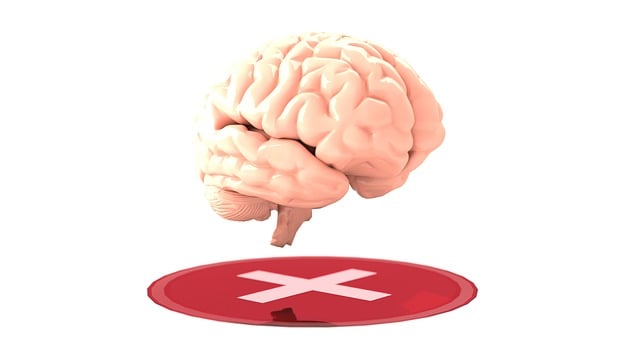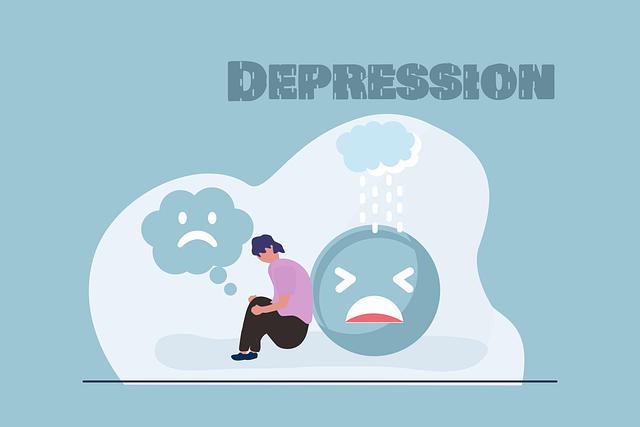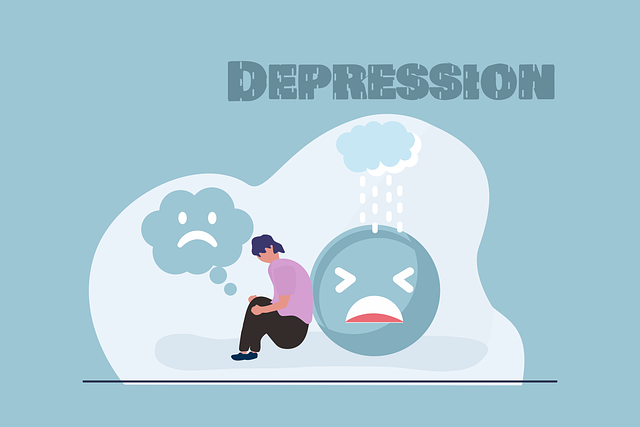Westminster Child Abuse Therapy focuses on addressing the root causes of substance abuse in individuals, especially children vulnerable to trauma and neglect. They offer a holistic approach combining therapy, coping skill development, stress management, and emotional healing to prevent and treat substance abuse. Through Mind Over Matter techniques, mindfulness meditation, and proactive risk reduction strategies, they empower clients with tools to manage triggers and promote long-term recovery, integrating support systems and depression prevention for comprehensive care.
In the realm of child welfare, addressing substance abuse is a paramount concern, with far-reaching implications. This comprehensive guide explores effective risk reduction strategies, focusing on prevention, early intervention, and long-term recovery for vulnerable children in Westminster. By understanding the intricate web of risk factors, we can implement proactive measures and harness therapeutic tools like counseling to create a safer environment. Through building robust support systems, we aim to mitigate risks and foster healthy development, ensuring a brighter future for our youth.
- Understanding Substance Abuse and Its Risks
- Identifying Risk Factors for Children
- Preventive Measures: A Proactive Approach
- Therapy and Counseling as Risk Mitigation Tools
- Building Support Systems for Long-Term Recovery
Understanding Substance Abuse and Its Risks

Substance abuse is a complex issue that goes beyond mere indulgence in mind-altering substances. It’s a persistent pattern of using drugs or alcohol, despite harmful consequences to one’s health, relationships, and overall well-being. This behavior often stems from underlying psychological factors such as stress, anxiety, depression, or trauma, particularly in cases where individuals turn to substances as a form of coping mechanism. In the context of Westminster Child Abuse Therapy, understanding these roots is crucial for effective treatment.
The risks associated with substance abuse are multifaceted and severe. They can lead to physical health issues, cognitive impairments, and social problems. Moreover, prolonged substance misuse can exacerbate existing mental health conditions or trigger new ones, creating a vicious cycle that complicates recovery. Development of coping skills, including stress management techniques and anxiety relief strategies, is a key component in interrupting this cycle. Emotional healing processes are equally vital, aiming to address the root causes that initially led to substance abuse as a means of coping.
Identifying Risk Factors for Children

Children are particularly vulnerable to substance abuse, with various risk factors at play. Understanding these factors is crucial for parents, caregivers, and professionals alike, especially in light of the challenging experiences some children face, such as trauma or neglect, which can significantly increase their susceptibility. In Westminster, Child Abuse Therapy services aim to address these issues head-on.
Identifying potential risks early on is key to preventing substance abuse among youth. This includes recognizing signs of distress, such as changes in behavior, academic performance, or social interactions. By promoting healthy coping mechanisms and implementing stress management techniques, like Mind Over Matter principles, professionals can empower children to build resilience. Additionally, focusing on self-esteem improvement can be transformative, as boosted self-worth may deter young individuals from turning to substances for emotional relief or acceptance.
Preventive Measures: A Proactive Approach

Preventive Measures take a proactive approach to risk reduction for substance abuse, focusing on fostering healthy coping mechanisms and resilience before issues arise. This involves implementing strategies such as comprehensive education programs in schools and communities, aimed at raising awareness about substance abuse, its risks, and available support resources. Early intervention is key; identifying potential triggers and providing alternative stress reduction methods like mindfulness meditation or mood management techniques can steer individuals away from harmful behaviors.
Westminster Child Abuse Therapy emphasizes the importance of these preventive measures, offering tools to navigate emotional challenges healthily. By integrating practices such as Mindfulness Meditation into daily routines, individuals develop a deeper sense of self-awareness and emotional regulation. This proactive approach not only reduces the likelihood of substance abuse but also promotes overall well-being, ensuring a stronger foundation for navigating life’s challenges without resorting to harmful substances.
Therapy and Counseling as Risk Mitigation Tools

Therapy and counseling play a pivotal role in mitigating risks associated with substance abuse, especially for individuals who have experienced trauma or child abuse in their past. Westminster Child Abuse Therapy focuses on addressing underlying psychological issues that often contribute to substance misuse. Through one-on-one sessions, therapists help clients explore and process traumatic experiences, fostering emotional healing and building coping mechanisms.
By combining therapy with social skills training and self-care practices, individuals can learn stress reduction methods and develop healthier ways of managing their emotions. These comprehensive approaches not only reduce the risk of substance abuse relapses but also empower individuals to lead more balanced and fulfilling lives.
Building Support Systems for Long-Term Recovery

Building supportive systems is an integral part of fostering long-term recovery from substance abuse. This involves creating a robust network of care that extends beyond traditional therapy sessions. At Westminster Child Abuse Therapy, we understand that recovering individuals often benefit from a multifaceted approach. Empathy-building strategies within these support systems can significantly impact the journey to sobriety. By encouraging open communication, active listening, and understanding, peers and loved ones can provide a safe space for expression and healing.
Risk management planning for mental health professionals is another crucial aspect. These plans ensure that therapists and counselors are equipped to handle potential triggers and relapse scenarios with empathy and efficiency. Incorporating depression prevention measures within these support systems is essential as substance abuse often co-occurs with depressive disorders. Through tailored interventions, individuals can develop coping mechanisms and resilience, strengthening their recovery trajectory.
Substance abuse is a complex issue, especially when children are involved. By understanding the risks and identifying factors that contribute to it, we can take proactive measures like implementing preventive strategies and fostering support systems. Westminster Child Abuse Therapy emphasizes the importance of early intervention and offers counseling as a powerful tool for risk mitigation. Through these comprehensive approaches, we aim to reduce substance abuse’s impact and promote long-term recovery for those affected.














